The Diabetic Diet
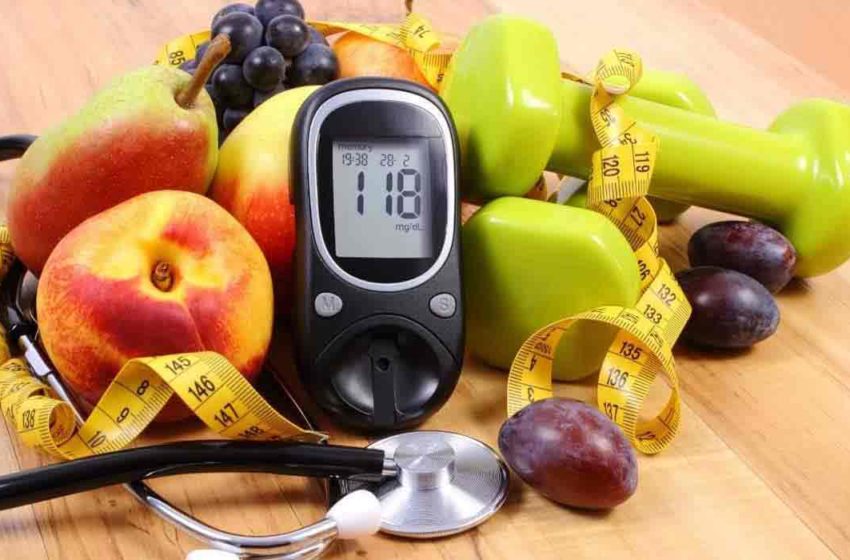
Diabetes has become such a common ailment in today’s world of technology, sedentary lifestyle, and the vast availability of processed and refined foods. A recent survey says that more than 463 million adults suffer from diabetes from ages 40 to 50 and more than 1 million children and teenagers suffer from it. Patients that are suffering from diabetes, especially Type 2 diabetes, have to alter their lifestyle after their diagnosis completely. They cannot be making the same choices in terms of diet as before their diabetes diagnosis. What Diabetic Diet you have and how physically active you are can have a significant effect on your diabetes.
What causes diabetes?
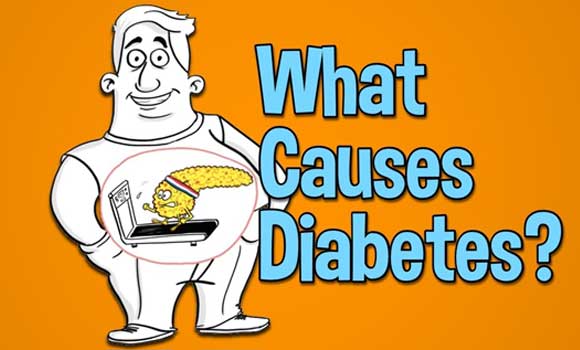
Diabetes is a chronic, lifelong disease that is caused by too much glucose or sugar in our blood. Our pancreas produces insulin, a hormone whose main function is to convert the glucose from the food we eat into energy that will pass from the bloodstream into the cells of the body to be used throughout the day. Diabetes occurs when the pancreases are not able to form insulin or when the body cannot utilize excessive insulin, which leads to high levels of glucose in the blood called hyperglycemia.
This condition can, in the long run, cause extensive damage to all the organs and the body in general and can lead to several complications that can be fatal as well.
What are the common types of diabetes?
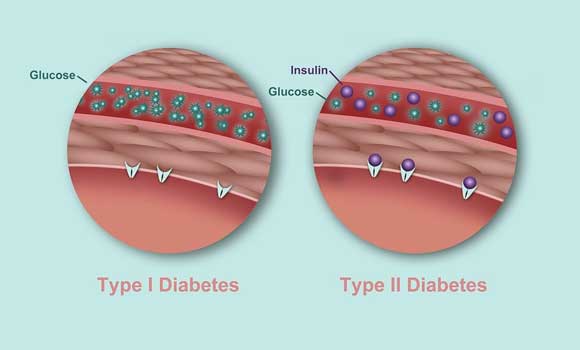
The most common types of diabetes are Type 1 and Type 2 diabetes. In Type 1 diabetes, your body loses its ability to produce insulin completely. For type 2 diabetes, the insulin your body produces is not utilized completely, or your body isn’t producing enough insulin.
In both cases, glucose that is present in your food is not properly used, as the insulin isn’t able to convert it into energy. As a result, it leads to high levels of glucose in the blood that can eventually cause severe damage to your overall health.
What are the consequences of having diabetes?
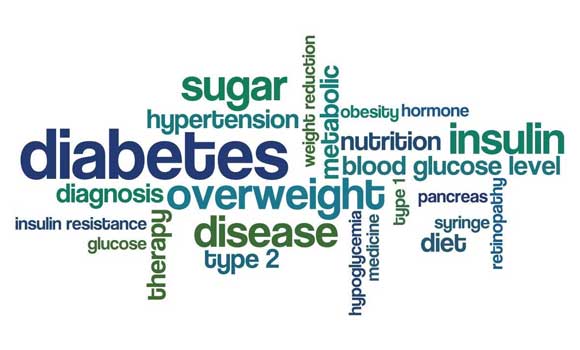
Diabetes can lead to many serious complications such as cardiovascular diseases, kidney problems, nerve damage, urinary tract infections, and the risk of developing mental health disorders such as depression and Alzheimer’s disease.
Diabetic Diet you should follow:
However, most cases of type1 and type 2 diabetes can be completely cured, and some can even be reversed. You must make some important lifestyle changes in terms of food intake and exercise. It is not necessary to completely give up all the foods you enjoy and have a bland diet. Completely cutting off sugar or fried foods is not necessary; they can be enjoyed every now and then in moderation.
According to the American Diabetes Association (ADA), an ideal diabetic diet must consist of:
- Fresh fruits and vegetables.
- Eat lean protein such as strips of chicken and other meats.
- Choose foods with less added sugar.
- Avoid trans fats.
Change in lifestyle plays a major role in the diabetics:
When planning a diet tailored according to your diabetes diagnosis, it is important to consider certain foods, such as carbohydrates. People with diabetes have a higher risk of developing cardiovascular diseases, so eating foods that are good for your heart will inversely benefit your diabetes. One significant lifestyle change that you can make is losing weight. If you are overweight or obese, it will get difficult to manage your diabetes. Losing even a little bit of your weight can lower your blood sugar, blood pressure, and cholesterol levels. Eating a healthier diet, engaging in an active lifestyle, and losing weight can help you reduce your sugar levels or even reverse diabetes.
Diabetic diet foods
Glycemic Index-
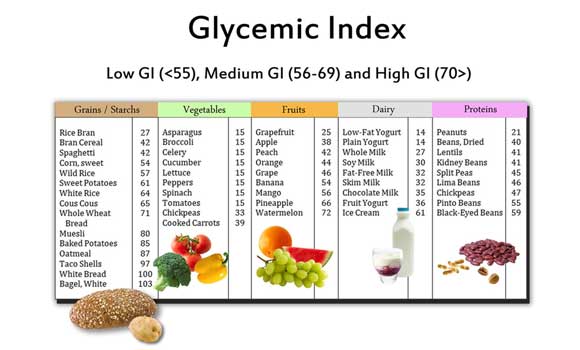
It is a food scale that shows whether a certain food will increase or decrease your blood glucose levels. This is commonly used in regards to carbohydrate-based foods. Carbohydrates are essential for the functioning of our body, as they can greatly impact our blood sugar levels but as a diabetic, therefore, you must carefully choose what kinds of carbs in your body.
- Include more fibers packed complex carbs which slowly-release carbohydrates such as whole grains, such as brown rice and bread, oatmeal, quinoa, millet and pulses, high-fiber cereals and bread made from whole grains
- Therefore, avoid processed carbohydrates such as white rice, white bread, white flour, corn, and cornflakes.
Include fresh fruits and vegetables for diabetics-
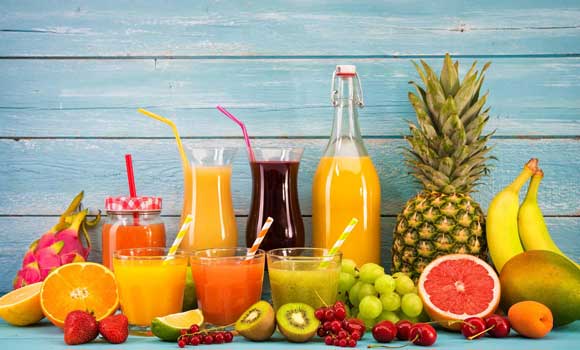
These are very beneficial for your overall health and for treating diabetes as well. These are packed with fiber and nutrients that will help you maintain weight and keep it off. Moreover, every diabetic should be eating leafy vegetables as these types of vegetables have a blood purifying property and contain antioxidants and digestible carbs.
- Moreover, strawberries are rich in anthocyanins, which reduce cholesterol and insulin levels. They also lower blood sugar levels and heart disease risk in type 2 diabetes patients. Thus, your Diabetic Diet should contain strawberries.
- Vegetables such as broccoli are often suggested to diabetic patients as these are said to lower your insulin levels
- Fruits that are rich in antioxidants such as citrus fruits and berries are said to be good for diabetes as they can help avoid oxidative stress that can, in the long run, lead to heart diseases.
Include good fats for diabetics-
Trans fats and saturated fats must be avoided as much as possible in diabetes, as these are very bad for the health of your heart.
- Check the ingredient list for anything that’s “partially hydrogenated, as this is a sign of trans fats.
- Moreover, diabetics should avoid Fried and baked products. Saturated fats found in animal products such as oils and poultry must be eaten in moderation.
- Seafood is excellent for diabetics as it is rich in omega-3 fatty acids that are good for your heart. Moreover, you are recommended to have fishes such as salmon, tuna, or mackerel.
- Switching to plant and vegetable-based oils such as extra virgin olive oil and avoiding refined oils
Protein diet for diabetics-
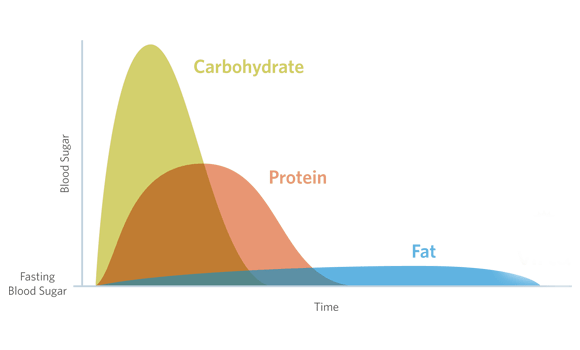
In the case of protein, poultry, and seafood, plant-based proteins such as beans, nuts, seeds, or tofu, eggs and dairy products that are low in fat can be advisable for diabetics.
- In the case of dairy, you should change whole milk or any regular cheese or yogurt to skim milk and low-fat cheese and yogurt.
- Chia seeds and Flaxseeds are excellent for diabetics as they are rich in insoluble fibers and low in digestible carbohydrates.
- Moreover, you should be taking nuts such as almonds and walnuts as snacks for their rich nutrient content.
Sugar:
Although you should not completely cut out sugar from your diet, as our body does require glucose to function, you must practice moderation when it comes to sugar intake.
- However, processed and packaged foods such as fast food and junk foods and bread, cereals, canned goods, instant noodles and pasta, margarine, butter, and ketchup bought from the supermarket often have hidden sugars in them. Try to avoid these as much as possible.
- Find alternatives to sweet treats like ice creams and cakes by eating more fruits. You are often recommended dark chocolates as it is much healthier than regular milk chocolate.
- Take stimulants such as coffee and tea in their raw forms with no sugar, such as black coffee and green tea.
- You should be wary of alcoholic drinks such as wine and beers, as most of them are filled with sugar.



